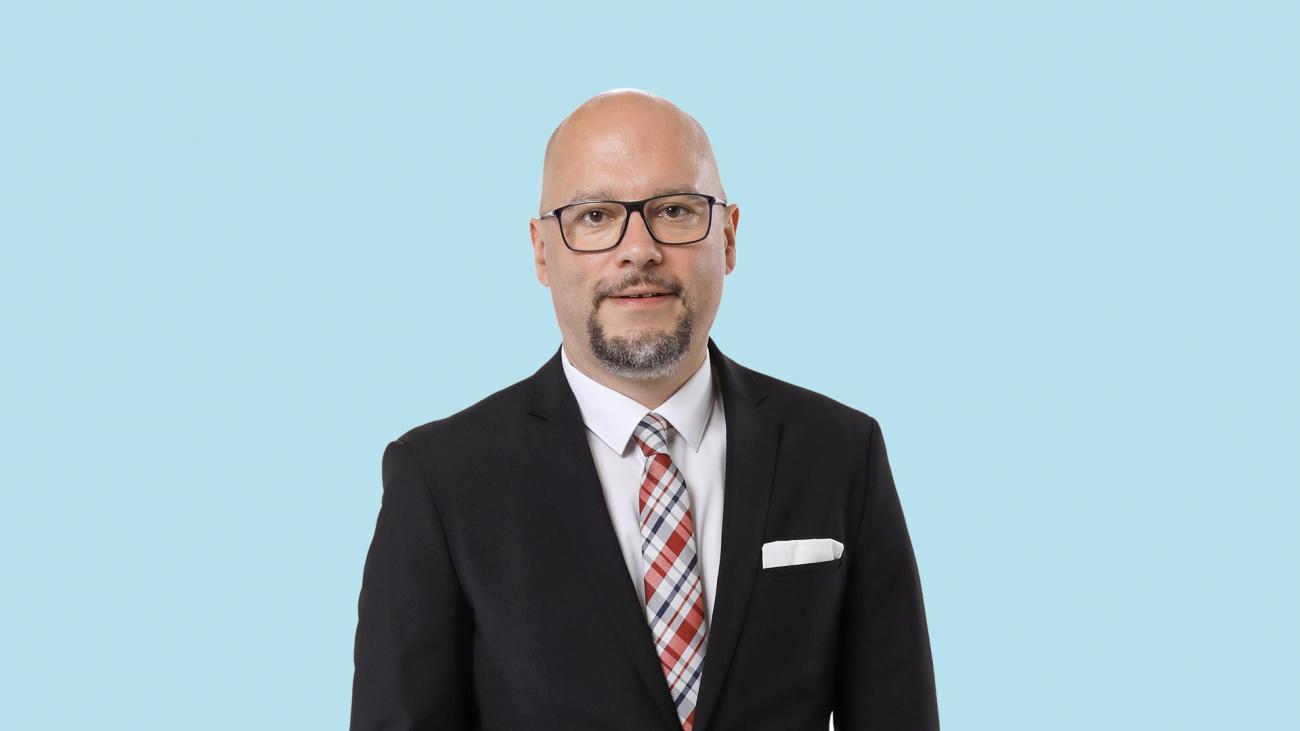Home ownership in old age - security or illusion?
In the past, several properties were often passed down through the generations in Liechtenstein. Today, there is often only one property left, which has to be divided between several siblings. In addition, construction costs have risen, making it more difficult to become a homeowner and forcing many to take out large mortgages. This burden can continue into old age and turn the property into a financial burden.
Those who see property as a hedge for retirement savings overlook the fact that this is often only true if it is used as an investment property. Proceeds are only realised when the property is sold or let. However, the property is often used privately and there is no question of selling it.
Even for wealthy individuals who own several properties, the property can become a financial burden. With the loss of rental income, these properties can become a debt trap if the mortgage burden is too high. It is important to review and reconcile this as part of a comprehensive financial plan.

Owning a home should be seen as part of a comprehensive retirement plan - not as a centralised solution.
Thomas Risch Consultant Wealth Planning
Banks have stricter requirements on the affordability of mortgages due to tighter regulation. As people retire, their incomes decrease and there is often a lack of liquidity to ensure affordability. Banks can require the sale of the property if the mortgage is no longer affordable. Assuming that house prices will continue to rise is risky. Fluctuating property values and high running costs show that owning a home without sufficient liquidity is no guarantee of financial independence in old age.
Owning a home should be seen as part of a comprehensive retirement plan - not as a centralised solution. Additional sources of funding for retirement are useful to have liquidity in case of an emergency. Reducing the mortgage early on can help avoid financial bottlenecks in old age. The balance between liquidity and repayment should be a priority.
Home ownership has lost its symbolic power. A home ties up capital and does not provide a regular return. Changing inheritance laws and rising construction costs are setting strict limits, meaning that home ownership is no longer the viable provision it once was. Today, it is more important than ever to consider home ownership as part of a comprehensive retirement plan and to focus on additional retirement options to ensure a secure retirement.


